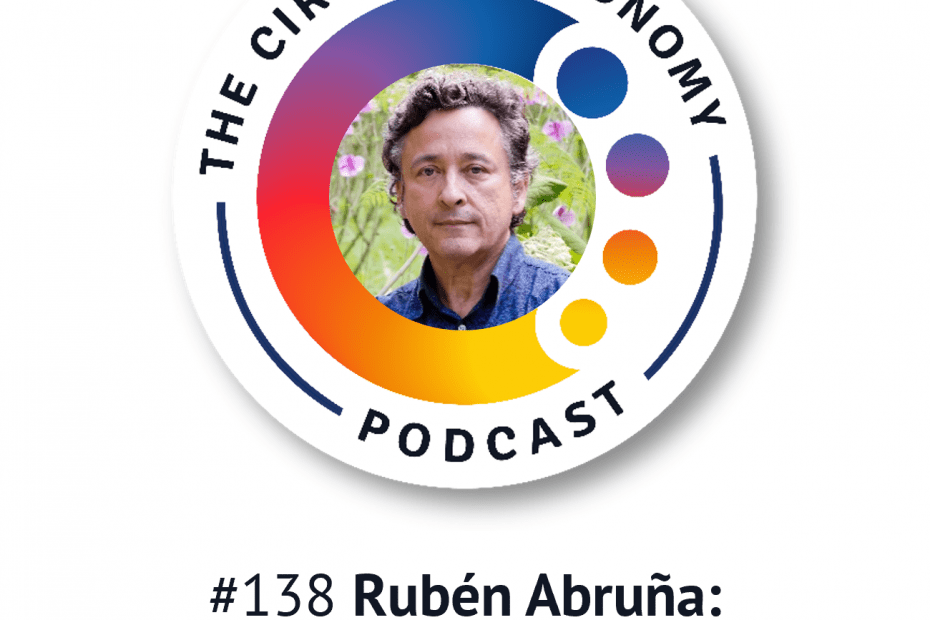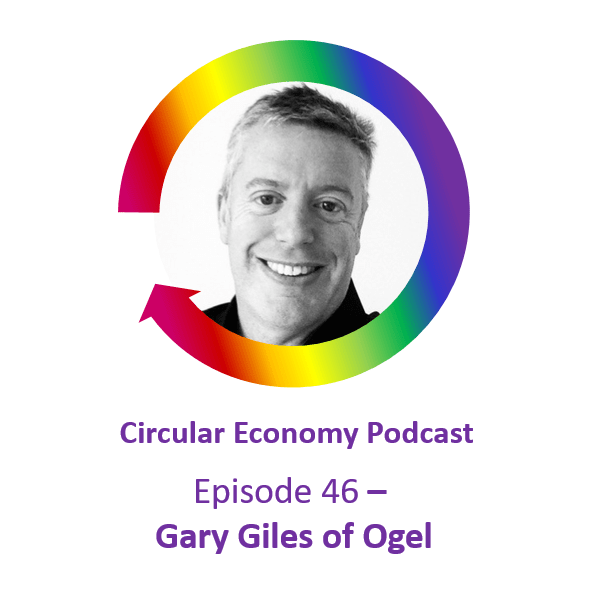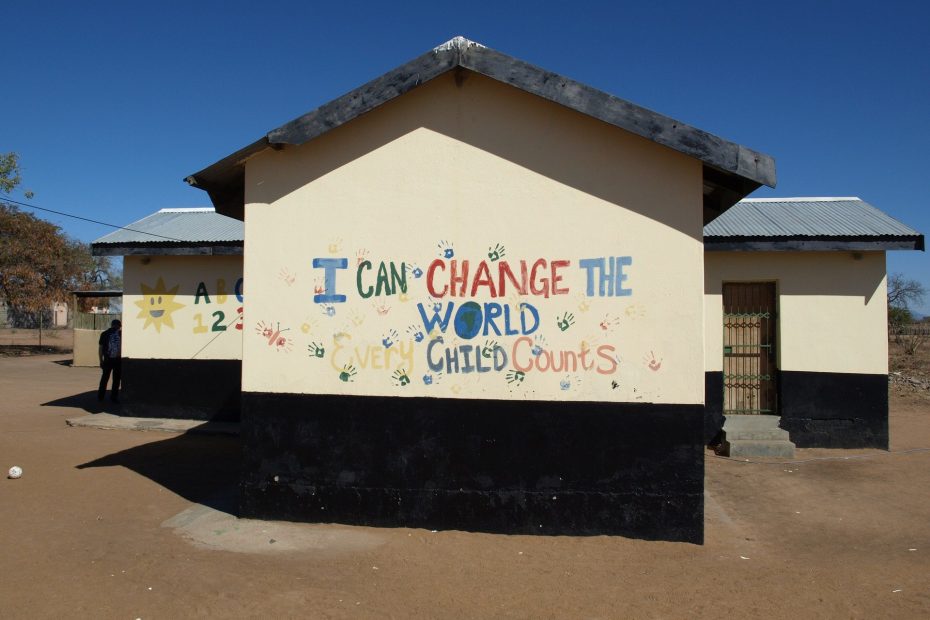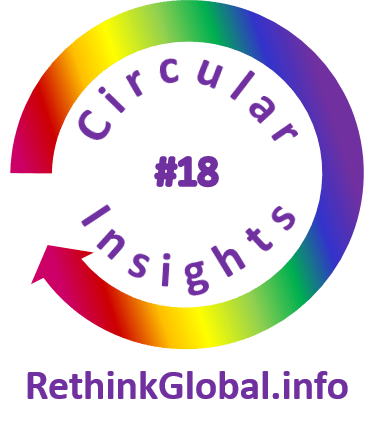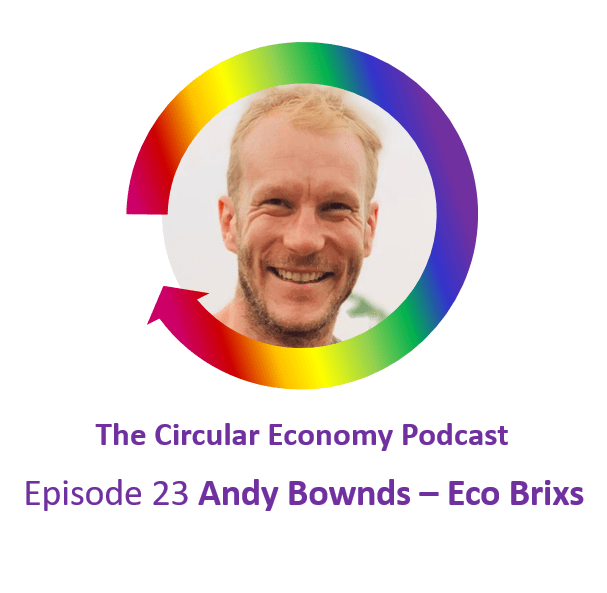138 Rubén Abruña: keeping our poop in the loop
Award-winning documentary film maker Rubén Abruña helps us dig into one of the oldest problems in civil society…
All around the world, there are serious problems caused by the various ways we deal with our toilet waste – all the poop and pee we humans create every day. We waste drinking water – Flushing toilets use massive amounts of water – for example, in a country like Switzerland, each person will flush over 40 litres a day down the toilet. Often, the sewage from water toilets is mixed with household waste water, so it’s now contaminated with microplastics, cleaning chemicals, contraceptives and drug residues. And then, in most western societies, all that liquid waste is then mixed with industrial waste. So now we’ve got massive volumes of pretty toxic stuff to try and clean up, and separate into drinkable water and solid waste.
In developing countries, millions of people still use open toilets, or have to defecate on the land around their houses. So here, there are massive issues with disease and vermin, and in some areas, even a safety risk from predatory animals.
What’s more, we’re wasting precious resources, too. Our human pee and poop contains valuable nutrients, including significant quantities of nitrogen, phosphorus and potassium – NPK – the key elements that we need to growing food and other crops. Instead, we’re using expensive fossil fuels and synthetic chemicals to provide these macronutrients.
Back in his homeland of Puerto Rico over 20 years ago, Rubén Abruña experienced a sanitation epiphany when he sat on a dry toilet for the first time. He was amazed that he could poop using no water, leaving no stink, and that the deposit could be safely composted into fertilizer, without polluting the environment. It drove him nuts that more people were not doing the same, and this prompted him to make the award-winning film “Holy Shit: Can Poop Save the World?”
Rubén has over 30 years of experience in the film, television, and radio industries. He has written, produced, directed, and edited numerous documentaries, broadcast journalism stories, and educational programs in New York, San Juan, Miami, and Zürich.
